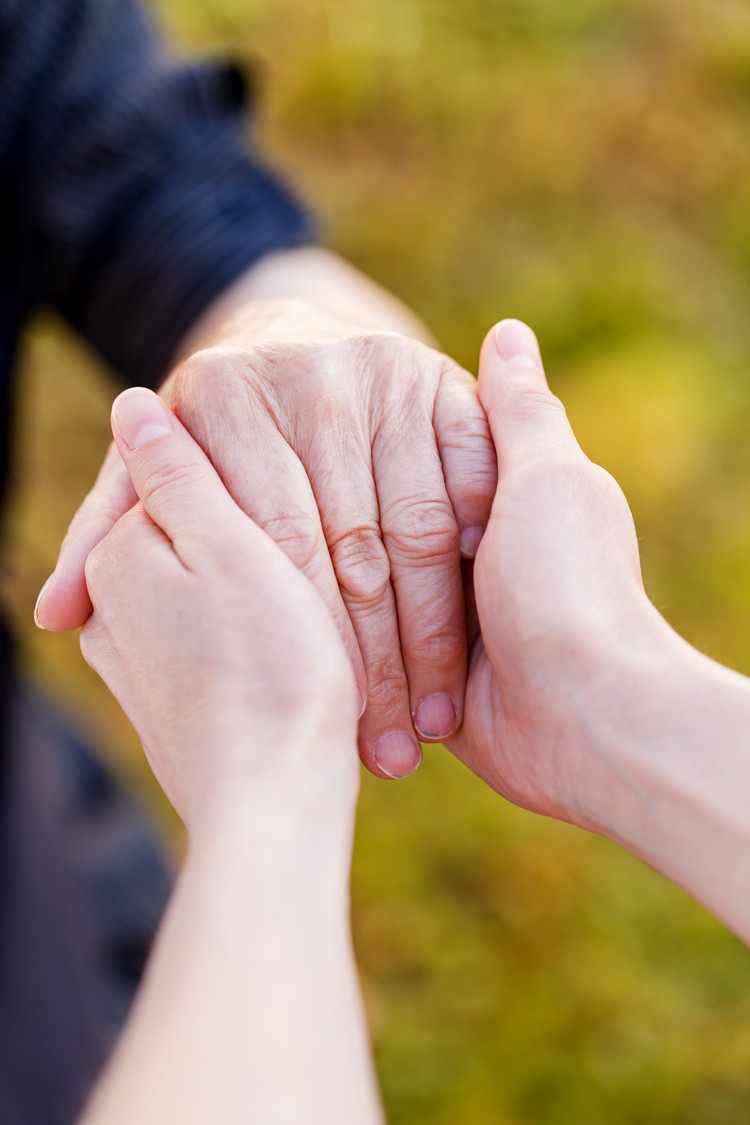In my husband’s last months, he fought stubbornly for his independence even when the things he insisted on doing for himself were extremely difficult for him—or were against doctors’ orders. I had to be available to care for him all day, every day, and I could see that sometimes he resented that. Meanwhile, I was reluctant to turn to friends for help. I’ve always found it hard to ask for favors.
The research I’ve done for this website has helped me understand why people who are chronically ill, like my husband, occasionally resent the care they receive. What’s more, my own reluctance to ask for help has the same roots.
In her book Counting on Kindness: The Dilemmas of Dependency (1991), Wendy Lustbader observes that people aren’t comfortable unless their relationships with others are in balance: if someone does you a favor, you need to know there’s something you can give in return.
Lustbader, a nationally known authority on caregiver issues (we’ve reprinted an article of hers here), notes that nobody wants to be a burden. When illnesses last a long time and people are forced to rely heavily on others, they begin to fear that their helpers will resent and ultimately abandon them. Some try to head off resentment by asking for as little as possible (that would be me). Some deny that they need help and fiercely resist becoming dependent because they, too, are afraid (that would be my husband).
Knowing that he was determined to be self-sufficient, I walked a fine line between doing too much for my husband and doing too little. The basic problem was that this strong, nurturing man felt useless. In that situation, Lustbader would suggest, it would have helped us both if we had figured out how he could give back. We also needed to talk about how much our relationship had changed and how both of us felt about that.
It’s too bad we weren’t familiar with the basic philosophy of the ElderSpirit Community, which suggests another way to think about giving and receiving. ElderSpirit is a self-governing, cohousing development for people 55 and over in Abington, VA. It combines small private houses with community spaces, including a building where residents gather to share meals and activities.
Dene Petersen, who led the effort to build ElderSpirit, explains that the community expects its members to keep giving all their lives: they can join a team that prepares meals, work in the gardens, care for other members who aren’t well. If their own health fails and they can’t contribute in the usual ways, they can still give, Petersen says, by graciously accepting help from others. She points out that it feels good to take care of others.
In other words, if you’re ill, you can do something for other people by letting them do something for you.

Flora Davis has written scores of magazine articles and is the author of five nonfiction books, including the award-winning Moving the Mountain: The Women’s Movement in America Since 1960 (1991, 1999). She currently lives in a retirement community and continues to work as a writer.



